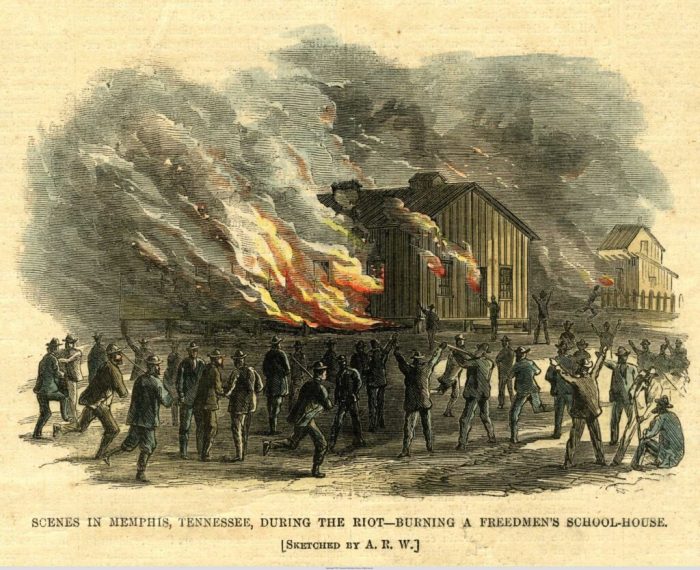As acts of self-empowerment enslaved individuals often engaged in various forms of resistance and defiance, preserving their cultural identities, pursuing education and literacy, seeking economic independence, and expressing their spirituality and religiosity. These acts not only provided solace and hope but also contributed to their sense of self-worth and agency, leaving a lasting legacy that continues to inspire and empower people today.
The significance of these acts lies in their ability to challenge the oppressive systems and dehumanizing conditions that enslaved individuals endured. By asserting their humanity and agency, they demonstrated their resilience and determination to shape their own lives and destinies.
Acts of Self-Empowerment: As Acts Of Self-empowerment Enslaved Individuals Often

Enslaved individuals demonstrated remarkable resilience and agency in the face of extreme oppression. They engaged in various acts of self-empowerment to assert their humanity and maintain a sense of control over their lives.
Resistance and Defiance
- Refusing to work or performing tasks slowly and inefficiently
- Sabotaging equipment or property
- Running away or seeking refuge in the wilderness
- Organizing revolts and insurrections
Cultural Preservation, As acts of self-empowerment enslaved individuals often
Enslaved individuals preserved their cultural traditions and identities through various means, including:
- Preserving oral histories, songs, and folktales
- Practicing traditional crafts and rituals
- Maintaining familial and community bonds
- Creating art and literature that reflected their experiences
Education and Literacy
Enslaved individuals sought education and literacy despite the legal and social barriers imposed on them. They:
- Learned to read and write from sympathetic individuals or through clandestine schools
- Used their knowledge to communicate with others, preserve their history, and challenge oppressive systems
- Established their own schools and educational programs
Economic Empowerment
Enslaved individuals engaged in economic activities to gain some degree of financial independence and self-sufficiency. They:
- Grew their own food or sold produce from their gardens
- Learned trades and skills to earn income
- Bartered goods and services with others
- Established their own businesses and cooperatives
Spiritual and Religious Expression
Spiritual and religious practices played a crucial role in empowering enslaved individuals. They:
- Found solace and hope in their faith
- Used religious rituals and symbols to express their resistance and defiance
- Created their own religious traditions that blended African and Christian elements
Question Bank
What were some specific examples of self-empowering actions taken by enslaved individuals?
Enslaved individuals engaged in various forms of self-empowerment, including running away, organizing revolts, practicing cultural traditions, learning to read and write, and engaging in economic activities to gain some degree of financial independence.
How did these acts of self-empowerment impact the individuals involved and the broader resistance movement?
Acts of self-empowerment provided enslaved individuals with a sense of agency and self-worth, empowering them to resist oppression and contribute to the broader resistance movement. They also helped to preserve African American culture and identity, and inspired future generations of activists and leaders.



